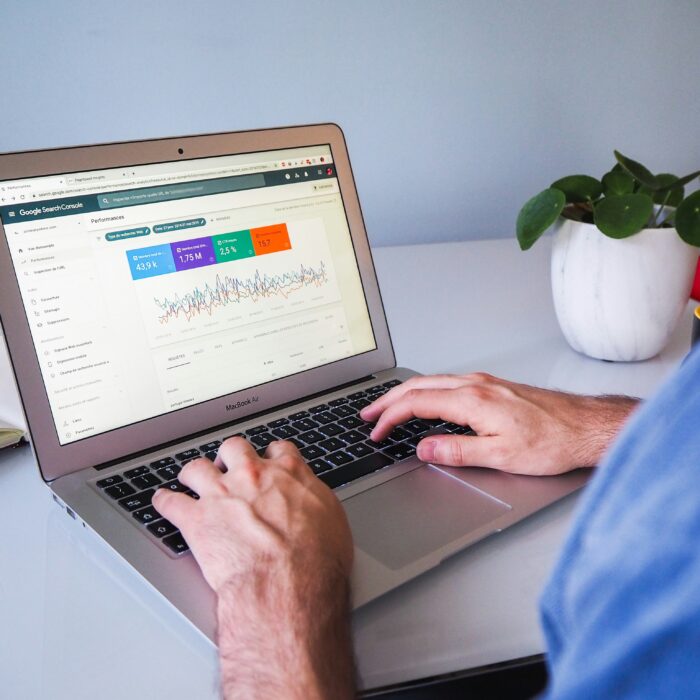Arizona transaction privilege tax and Arizona use tax
by May 17, 2024
Please note: This blog was originally published in 2020. It’s since been updated for accuracy and comprehensiveness.
This post is part one of a two-part blog post on Arizona tax and e-commerce sellers. Part one explains some of the ways Arizona’s taxes differ from those of most other states. Part two goes into how Amazon FBA and other 3rd party sellers should collect sales tax in Arizona.
Arizona sales tax
The greatest difference between sales tax in Arizona and sales tax in other states is that Arizona doesn’t even have a sales tax. There – I knew that would get your attention.
In most states, sales tax is imposed on purchasers of property and sellers are the collection agents who collect that money from buyers and remit it to the state. But Arizona has a Transaction Privilege Tax (TPT) imposed directly on the seller. This tax is more like an income tax in some ways, because it is attached to the total sales from certain business activities – not individual transactions.
Let’s take a deeper dive into what Sales Taxes, Use Taxes, and Transaction Privilege Taxes are and the key distinctions between them.
What’s the difference between sales tax, use tax, and Arizona’s transaction privilege tax?
Sales tax:
Sales taxes are generally a tax on the sale of tangible personal property (and sometimes, depending on the state, select services and/or rentals of tangible personal property). Sales are usually defined as a transfer of title or possession of property. When such transfer is deemed to have occurred within a state and the seller has nexus in that state, the sale is subject to that state’s sales tax.
Although the tax is technically due from the customer purchasing the item, the seller has the obligation to charge, collect, and remit the tax as an agent of the state; otherwise, that seller can be held liable for the tax himself/herself. If the seller does not have nexus in the state, the seller does not have the obligation to collect sales tax, because they are not subject to the taxing authority of that state. In such case, the tax is still due, but it should be paid by the customer to the state directly (this is called use tax and is covered in the next section).
In short: Sales taxes are levied on each sale of goods, are due from the purchaser of the goods, and are collected by the seller of the goods.
Use tax
Use tax can be divided into two types based on who has the obligation to pay:
- Consumer’s Use Tax
- Retailer’s Use Tax
1. Consumer’s Use tax:
Consumer’s use tax compliments sales or transaction privilege taxes to recover tax on property whose sale occurred outside the state or for which the seller did not collect the sales taxes. The tax is levied upon exercising ownership rights over property (basically doing anything with it beside just transporting it through the state) and is due from and paid by the person who uses the property. Credit against the use tax is given for any taxes previously paid on that item. This tax was designed to disincentivize consumers from traveling outside their state to exploit lower tax rates elsewhere.
You can read more about consumer use tax here.
2. Retailer’s Use tax:
Retailer’s use tax is the same thing as consumer’s use tax, only the state is telling the seller to collect it from their customers instead of the customers paying it themselves. The states usually have a presumption that the purchaser will be the user of the property and that they are subject to the tax unless they are able to show otherwise. Retailer’s use tax is often used to get out-of-state retailers with nexus to charge tax when the sale technically occurs outside the customer’s state.
In short: Use taxes are levied on the first use of goods in a taxing jurisdiction, are due from the user of the goods, and are sometimes collected by the seller of the goods.
Transaction Privilege Tax:
Unlike sales taxes, transaction privilege tax is levied directly on the seller. The tax is not based on individual transactions, but rather the “amount or volume of business transacted by persons on account of their business activities.” For the retail classification of transaction privilege tax, the tax is calculated against the “gross proceeds of sales or gross income derived from the business.” For purposes of TPT, business is defined as “all activities or acts, personal or corporate, engaged in or caused to be engaged in with the object of gain, benefit or advantage, either directly or indirectly.” The seller is legally allowed to pass the cost of this tax on to the purchaser by stating the amount dedicated to the purpose of satisfying the tax on the sales invoice.
Because this tax is levied on the seller himself/herself and is based on the income they receive from their sales, the place at which title and possession pass (which is important for determining whether sales tax or use tax is applicable) is not consequential in determining whether sales are subject to transaction privilege tax or use tax. If a seller meets the minimum criteria to have transaction privilege tax levied on their business, all their sales to Arizona customers should be subject to transaction privilege tax. This is so, because all sales are part of gross proceeds of sales or gross income derived from the business, not just those sales shipped from within the state.
In short: Transaction privilege taxes are levied on income from retail sales and are due from the seller but can be passed on to the customer.
Now that we’ve established how Arizona’s taxes differ from most other states’ taxes, the next post will talk about How Amazon Sellers Should Collect Sales Tax in Arizona.
As you can see, sales tax compliance is challenging. There are so many important details that businesses must be aware of to stay compliant and avoid penalties. TaxJar can make compliance easier, by managing all the different aspects, including keeping you updated on where you have nexus, registering for sales tax permits, and automating sales tax filing and remittance. To learn more about TaxJar and get started automating your sales tax compliance, start a free, 30-day trial today.








